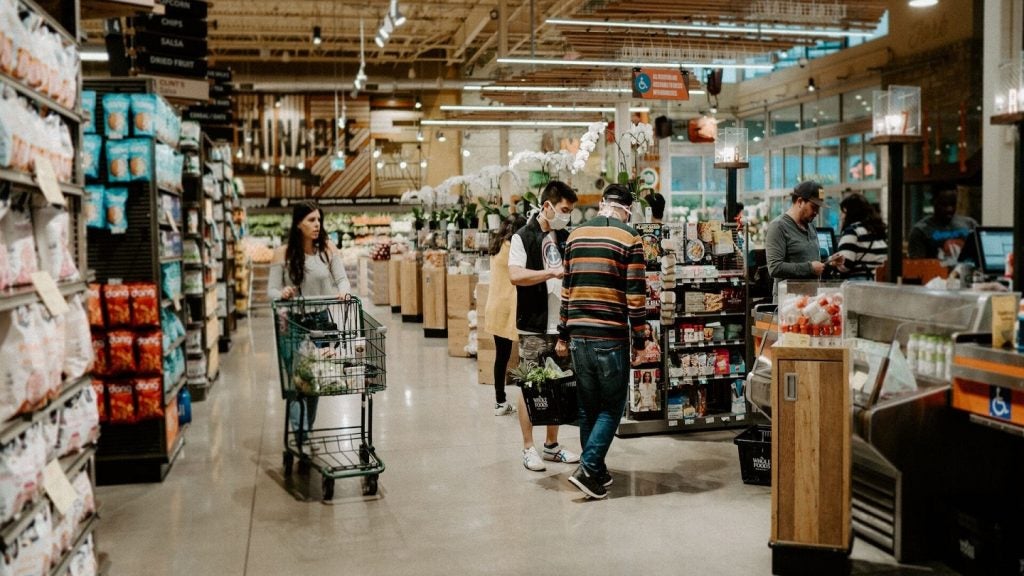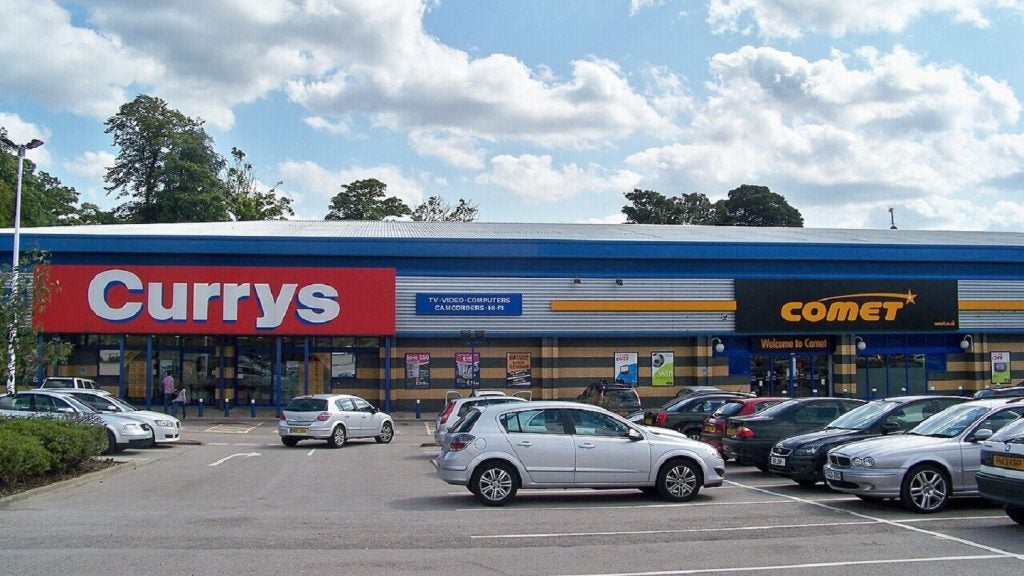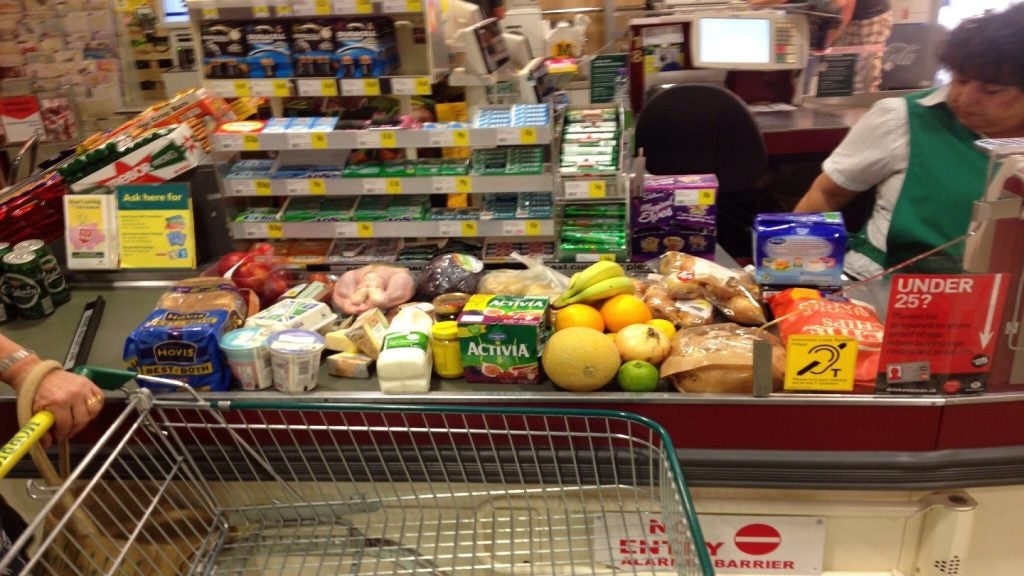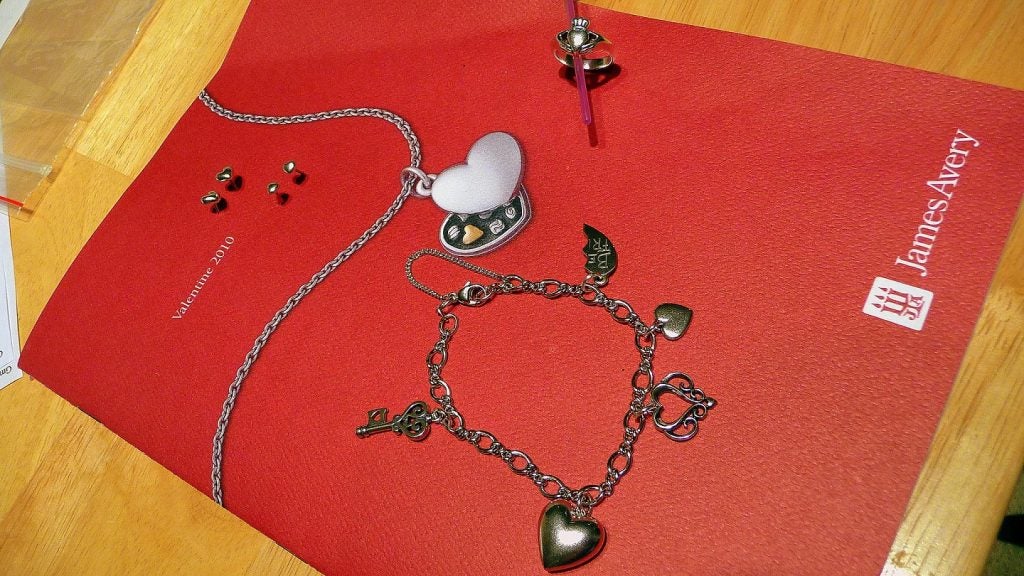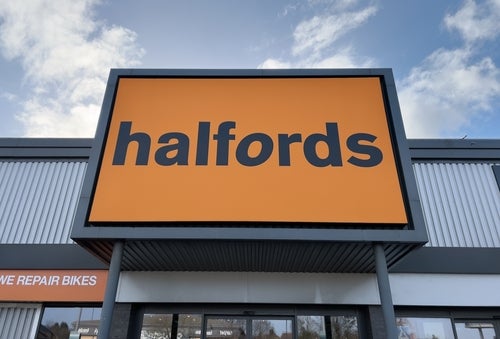Grocery inflation in Great Britain has eased to its lowest level this year, according to the Guardian citing the data firm Kantar.
The annual grocery inflation rate for the four weeks ending 11 June dropped to 16.5% from 17.2% last month, marking its lowest point in 2023.
However, this rate is still considerably high and ranks as the sixth-highest since the 2008 financial crisis. Notable price increases were observed in eggs, cooking sauces and frozen potato products.
£1.25 becomes an important price point
Supermarkets in the UK are increasingly pricing budget items at £1.25 ($1.59) instead of the traditional £1 ($1.27) in an effort to strike a balance between offering attractive deals and coping with high grocery inflation.
Kantar's data shows that £1.25 has become the joint second-most popular price tag for grocery items, alongside £2 ($2.54) and behind £1.
Retailers have had to raise prices due to the impact of inflation. The shift to £1.25 reflects the changing dynamics of value shopping and the decreasing popularity of cash transactions.
Consumer concerns persist as grocery prices remain a top worry
Rising grocery prices continue to be a significant concern for consumers in the UK. According to a survey by Kantar, almost 70% of households are either extremely or very worried about food and drink inflation, making it the only financial worry that has increased since the beginning of the year.
To mitigate the impact of high prices, consumers are turning to supermarkets' own-label products, which have seen a sales increase of 41% compared to the previous year.
People are also adopting simpler cooking methods and preparing dishes with fewer ingredients.
The challenging environment of high grocery inflation has prompted calls for urgent government intervention. Consumer advocacy group Which? has urged the government to secure commitments from supermarkets to stock essential budget ranges in all their stores, particularly in areas with high need.
Furthermore, they advocate for clearer pricing to enable shoppers to compare prices and find the best value products.
As producers and retailers face rising costs, the proportion of products sold for £1 has nearly halved in a year, dropping from 9% to 5%, as reported by Kantar. Despite price increases, warm weather has driven an increase in ice cream and mineral water sales by 25% and 8%, respectively.
Barbecue food prices have also risen, with fresh sausages up 16% and fresh burgers up 13%. Discount supermarkets Aldi and Lidl have experienced significant growth, with Aldi's sales rising by 24.6% and Lidl's by 23.2% in the past four months.





